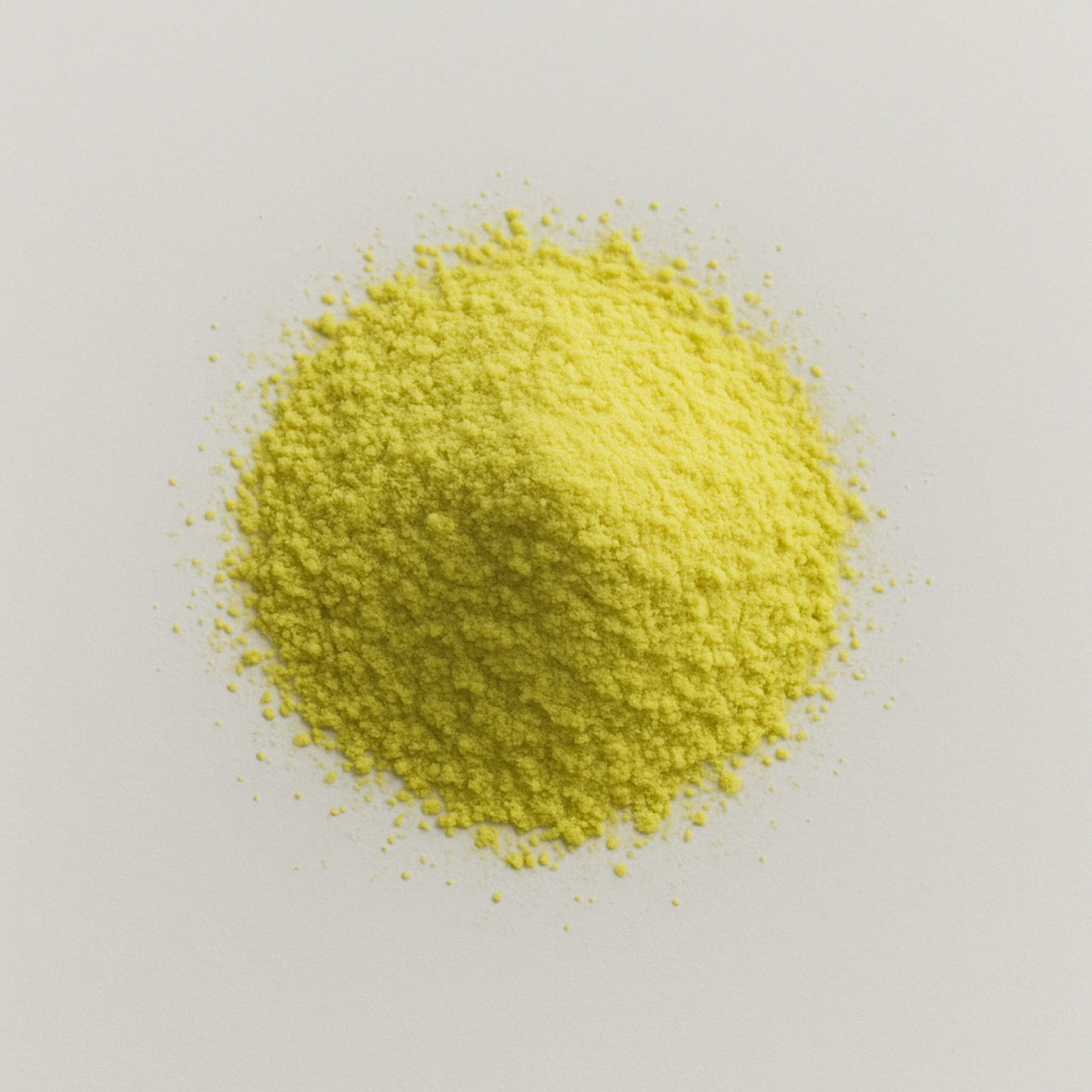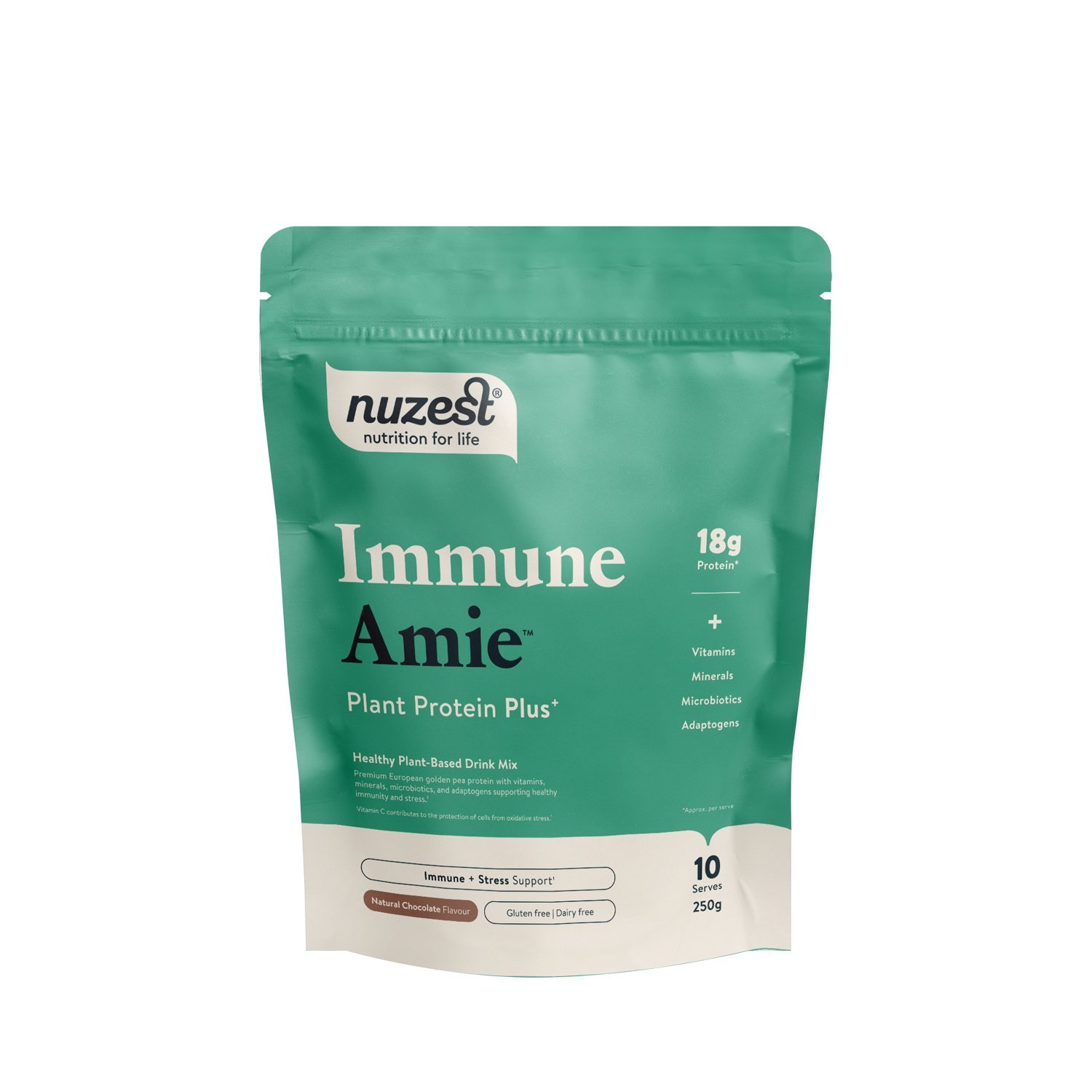Vitamin K1
Phylloquinone

Vitamin K1, or phylloquinone, is a fat-soluble vitamin found in green leafy vegetables. It is primarily involved in the blood clotting process and is included in dietary supplements.
Products:
Vitamin K1 for Bone Health
Vitamin K1 primarily supports bone health by serving as a cofactor for the gamma-glutamyl carboxylase enzyme that initiates the carboxylation of osteocalcin. Proper activation of osteocalcin supports bone density and helps reduce the risk of fractures, particularly in older adults. Regular consumption of vitamin K1-rich foods, such as kale and spinach, can contribute to the maintenance of strong and healthy bones over time.¹ ²
Vitamin K1 and Heart Health
By regulating calcium deposition in blood vessels, vitamin K1 activates proteins that inhibit arterial calcification, thereby reducing arterial stiffness. This mechanism helps lower the risk of cardiovascular disease and supports the maintenance of healthy vascular function and overall heart health.³
Vitamin K1 for Blood Clotting
A primary function of vitamin K1 is its involvement in the synthesis of clotting factors—proteins essential for the coagulation process that prevents excessive bleeding following injury. Insufficient vitamin K1 levels can impair blood clotting, increasing the risk of bleeding complications.⁴
What’s the Difference Between Vitamin K1 and Vitamin K2?
Although both vitamin K1 and K2 are essential nutrients, they perform distinct physiological roles. Vitamin K1 is primarily associated with blood coagulation and bone health and is predominantly found in green leafy vegetables such as kale and spinach. Vitamin K2 plays a more significant role in bone mineralisation and cardiovascular health and is commonly present in fermented foods like natto and certain animal-derived products. Together, these forms of vitamin K act synergistically to support overall health and wellbeing.⁵













